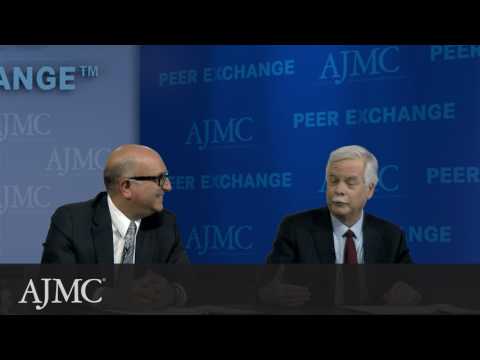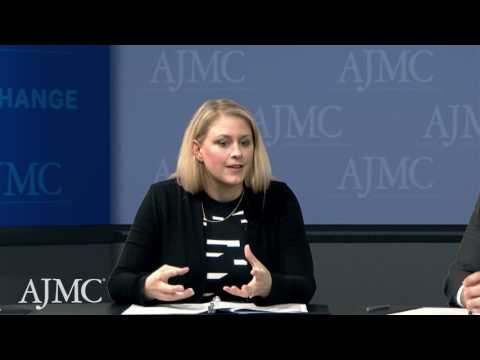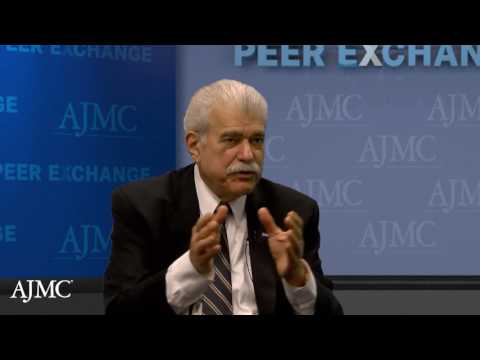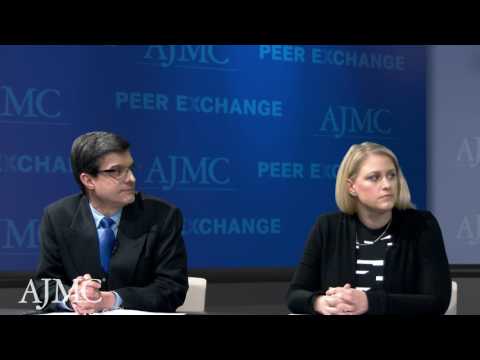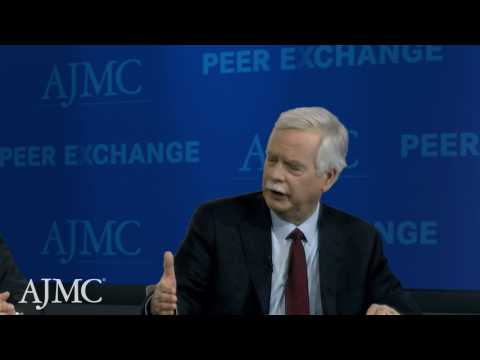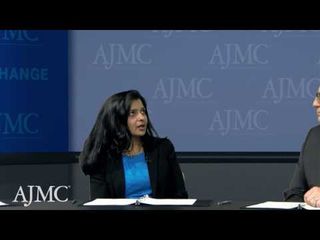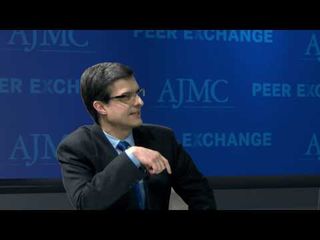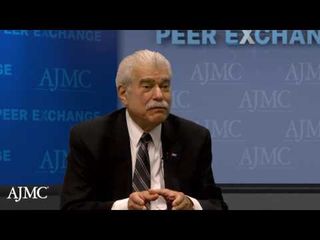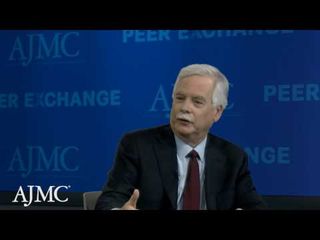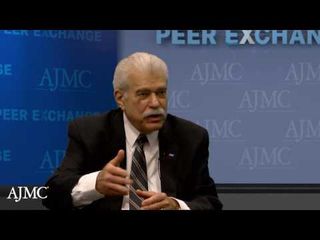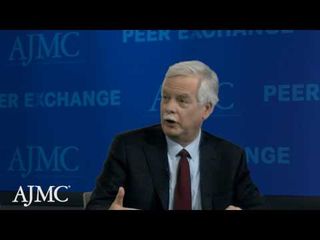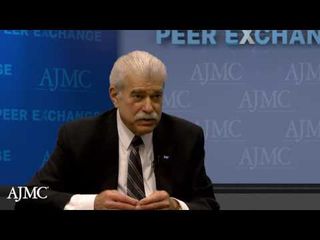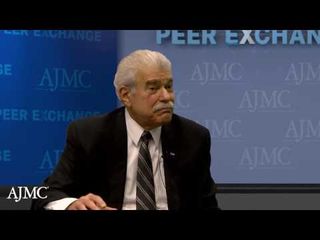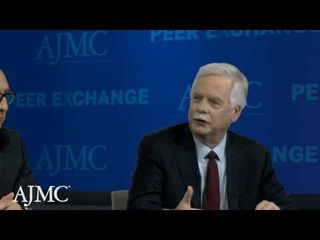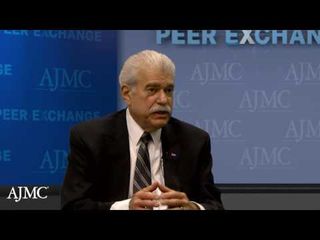
Biosimilars
Latest News
Latest Videos

CME Content
More News
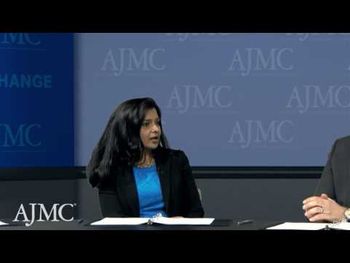
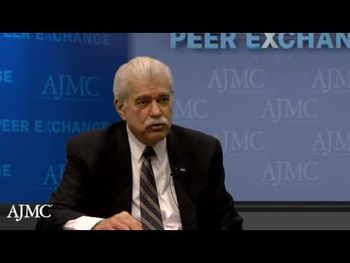
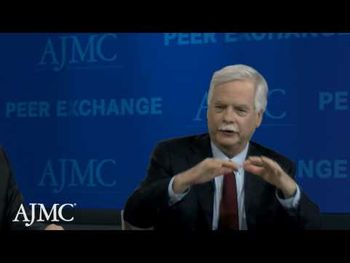
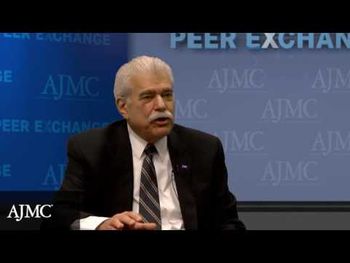
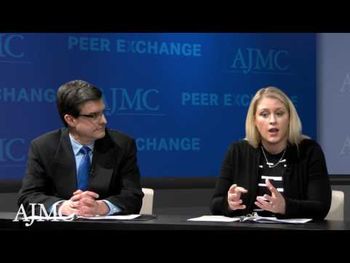
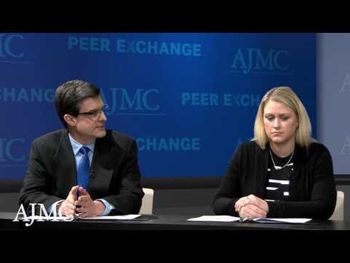
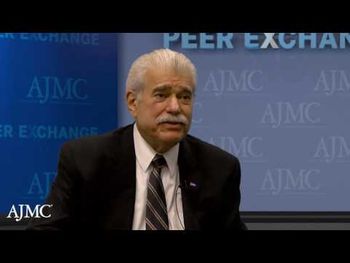
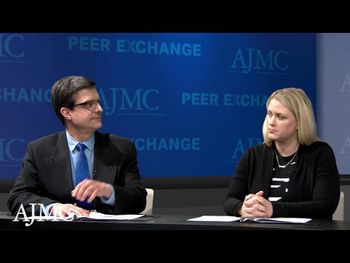
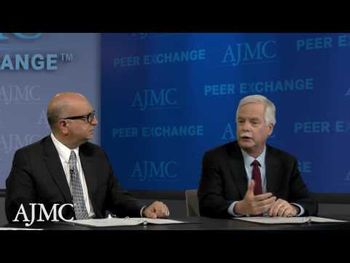


The FDA has already approved 4 biosimilars in the United States, but there remains a lot of uncertainty surrounding some of the legislation and regulation.

Specialty pharmacy pipelines, healthy behaviors, and regulation took the stage at the Academy of Managed Care Pharmacy (AMCP)’s 2016 Nexus conference, which was held October 3-6 in National Harbor, Maryland.


UnitedHealth has posted a presentation on its website that provides an update to its pharmacy benefits and prescription drug lists for 2017.

Pharmacy benefit managers (PBMs) and large employer organizations are taking measures to save healthcare costs in 2017, and for PBMs, formulary exclusions is a fool-proof tactic.

What we're reading, July 6, 2016: the Department of Veterans Affairs has made progress, but still has a long way to go; court upholds 6-month delay for biosimilars; and Apple promotes organ donation with iPhone app.

What we're reading, June 24, 2016: Britain's decision to leave the European Union will impact drug regulation; Supreme Court decision derails California proposal to allow illegal immigrants to buy health insurance; and lawmakers look to reduce exclusivity period for biologics.

At the annual meeting of The Community Oncology Alliance, oncologists sat through a crash course on biosimilars that was rendered by experts from the pharmaceutical industry.
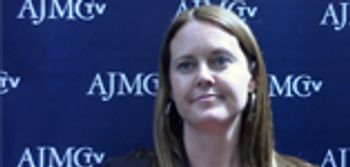
The process for approving biosimilars has been moving slowly, but Aimee Tharaldson, PharmD, senior clinical consultant of emerging therapies at Express Scripts, foresees them as having the potential to lower costs for the industry and hopes the approval process will pick up speed.
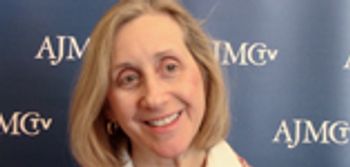
The bar is set very high in terms of the biosimilar requirement definition, and physicians who are hesitant about substituting biosimilars for treatment should not be worried about the perceived differences, according to Pamela S. Becker, MD, PhD, professor of medicine in the Division of Hematology at the University of Washington School of Medicine.


Jeremy Schafer, PharmD, MBA, vice president and director of specialty solutions at Precision For Value, discussed a number of important topics regarding biosimilars, including how he expects the US will have an easier time approving biosimilars and the importance of patient education about biosimilars.

What we're reading, April 19, 2016: blood-testing laboratory Theranos is now facing a criminal investigation; biosimilars may not be cheaper than brand name biologics for some seniors; and stigma and misconceptions remain regarding palliative care.

The FDA recently approved the biosimilar infliximab and found that from an immunogenicity profile it was more or less similar, which is important for payers and providers, explained Jeremy Schafer, PharmD, MBA, vice president and director of specialty solutions at Precision For Value.

Pharmaceutical industry experts provide an overview of the highly complex biosimilar development process at The Community Oncology Conference: Innovation in Cancer Care, held in Orlando, Florida.
